Bangladesh's Ousted Prime Minister Sentenced to Death for Role in Protest Crackdown
A special tribunal in Bangladesh has sentenced ousted Prime Minister Sheikh Hasina to death in absentia for her alleged role in a 2024 crackdown on student protests that resulted in hundreds of deaths. The ruling marks a significant development in the country's efforts to hold former leaders accountable for human rights abuses.
According to multiple news sources, including NPR Politics and NPR News, the International Crimes Tribunal, a domestic war crimes court in Bangladesh, delivered the verdict on Monday, November 17, 2025. The court found Hasina and former Home Minister Asaduzzaman Khan guilty of crimes against humanity for their alleged roles in the crackdown, which occurred during Hasina's 15-year rule. The incident resulted in the deaths of an estimated 800 to 1,400 people, with the United Nations saying up to 1,400 people died.
The crackdown, which took place in 2024, was sparked by student-led protests against the government's handling of the country's economy and human rights record. The protests turned violent, with security forces using force to disperse the crowds, resulting in widespread casualties.
The sentencing has sparked controversy, with Hasina denying the charges and fleeing to India last year. "I am innocent and I will not return to Bangladesh to face these baseless charges," Hasina said in a statement, according to NPR News.
The international community has called for accountability and transparency in the investigation. "This verdict is a significant step towards holding former leaders accountable for human rights abuses," said a spokesperson for the United Nations, according to NPR Politics. "We urge the Bangladeshi government to continue its efforts to ensure justice and accountability for all those affected by the crackdown."
The verdict has also sparked debate among human rights activists and experts. "The sentencing of Sheikh Hasina and Asaduzzaman Khan is a landmark ruling that sets a precedent for holding former leaders accountable for human rights abuses," said a human rights activist, according to NPR News. "However, the case highlights the need for greater transparency and accountability in the investigation process."
The current status of the case is that Hasina and Khan have been sentenced to death in absentia, and it is unclear what the next steps will be. The Bangladeshi government has not commented on the verdict, and it is unclear whether they will appeal the decision.
In conclusion, the sentencing of Sheikh Hasina and Asaduzzaman Khan marks a significant development in Bangladesh's efforts to hold former leaders accountable for human rights abuses. The case highlights the need for greater transparency and accountability in the investigation process and underscores the importance of holding those responsible for human rights abuses accountable.
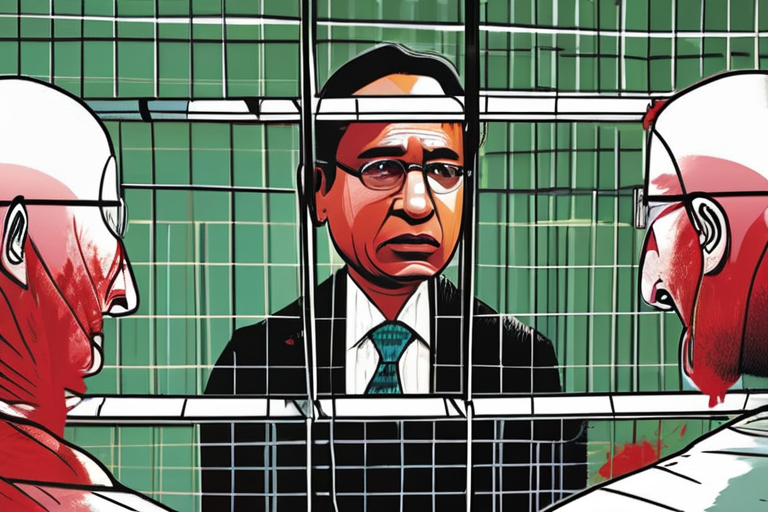



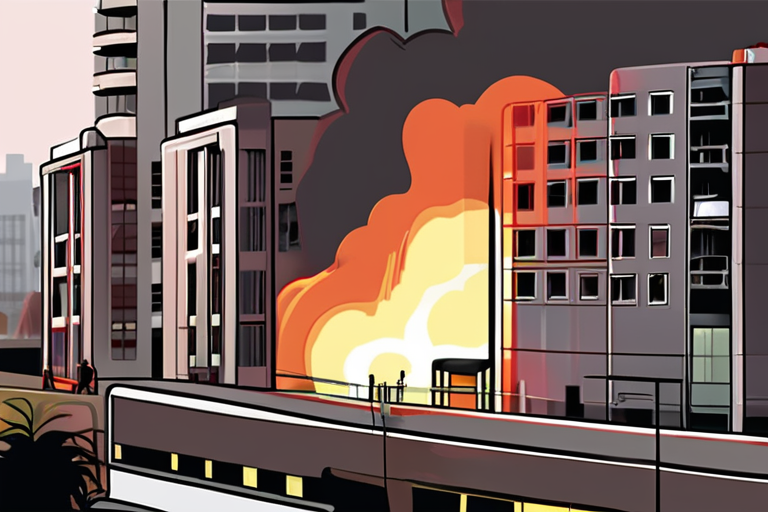
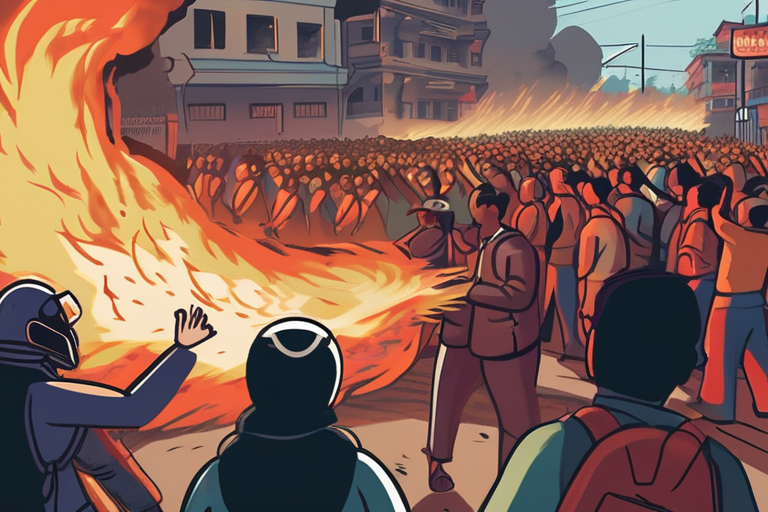
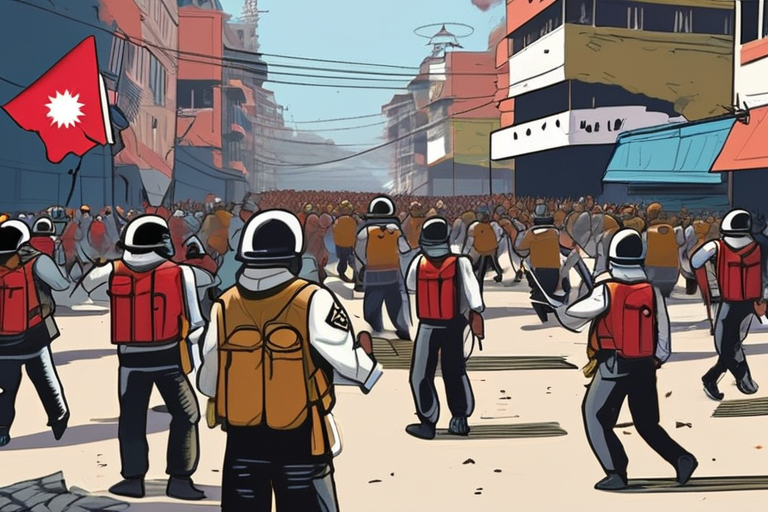
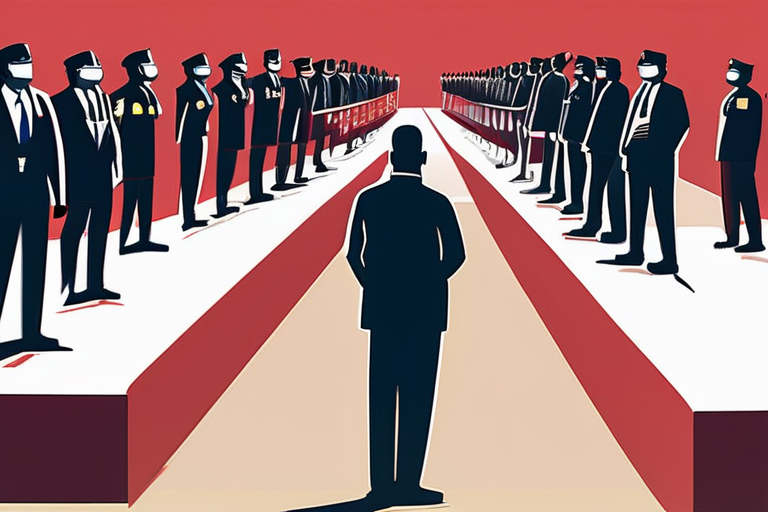

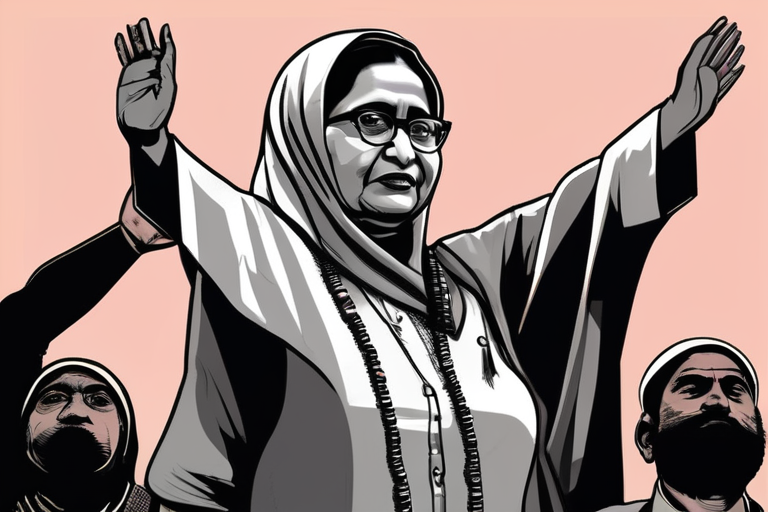
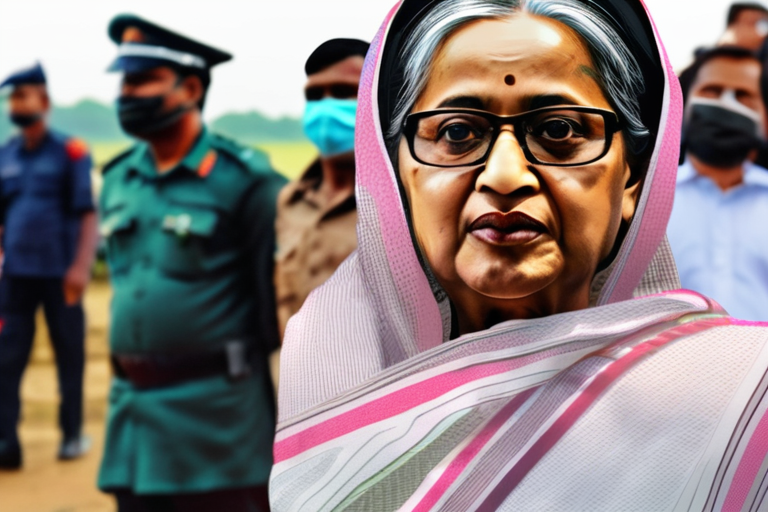
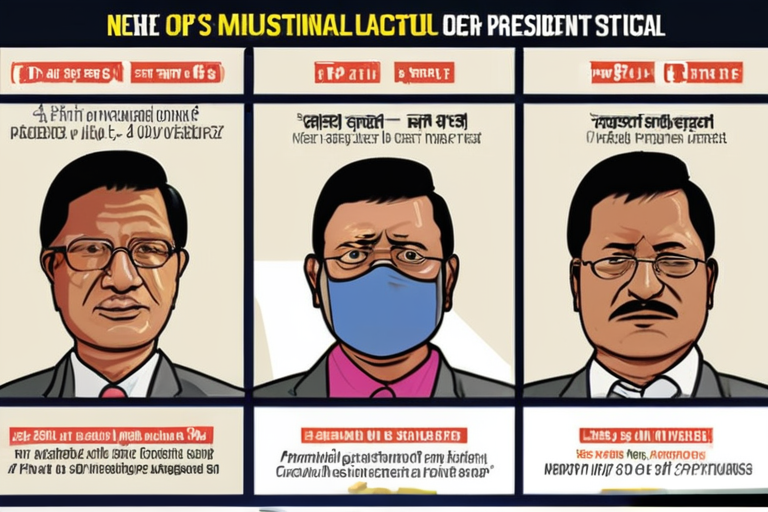


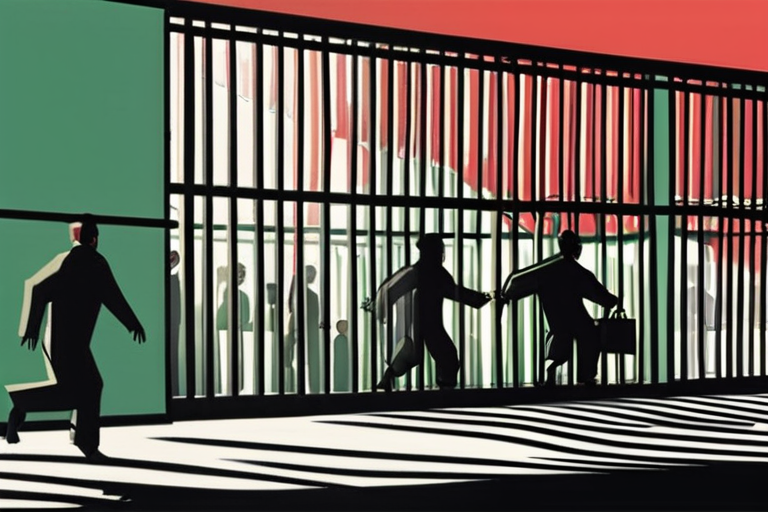

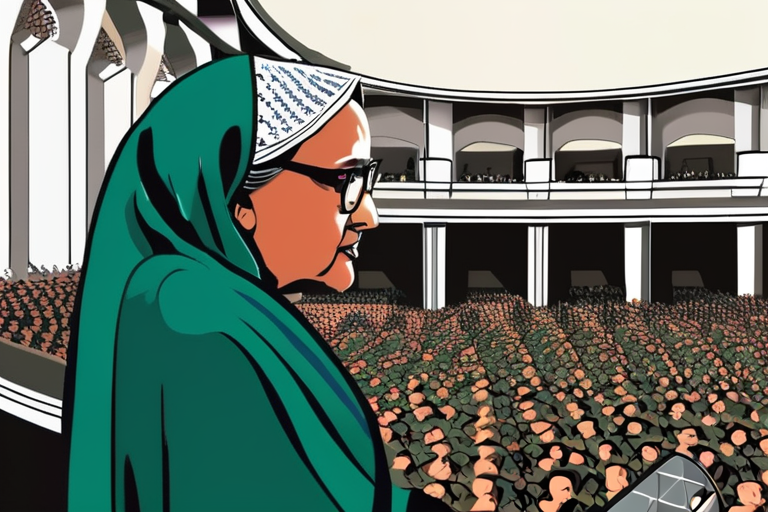
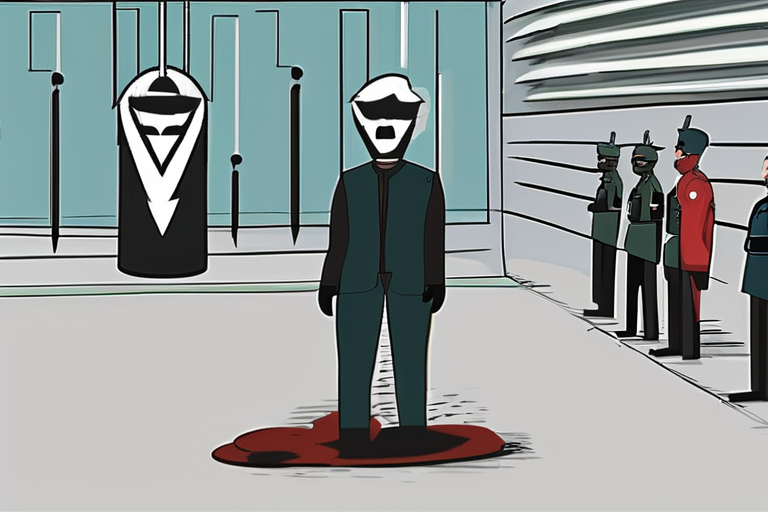

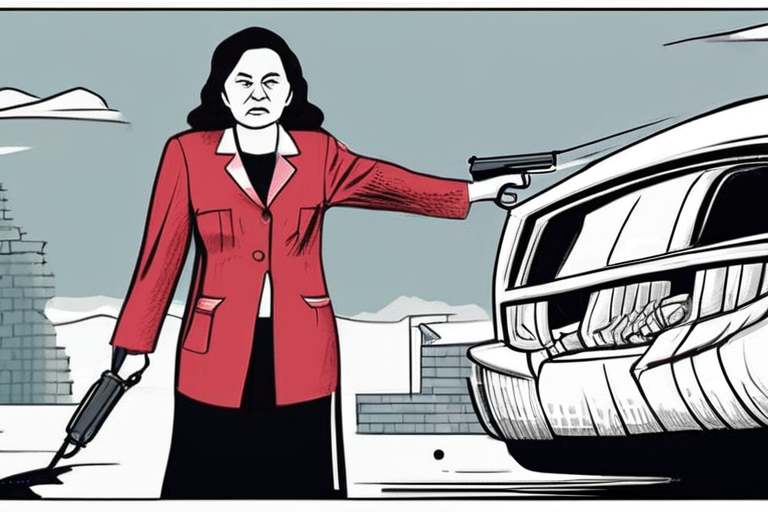
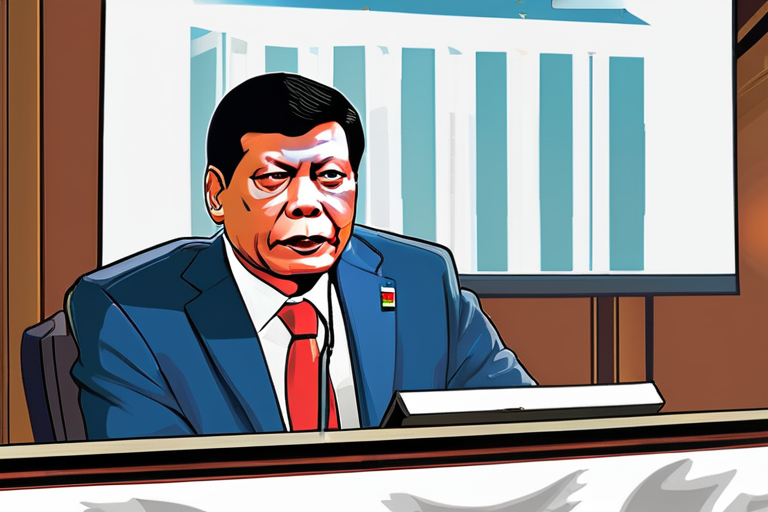
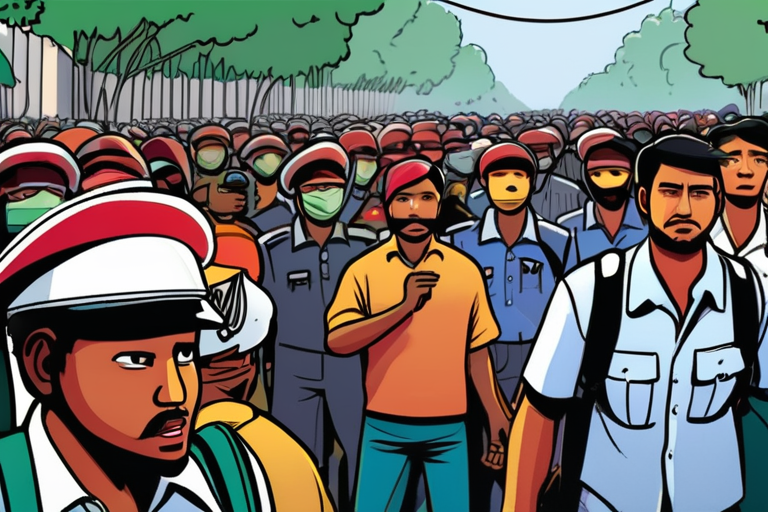
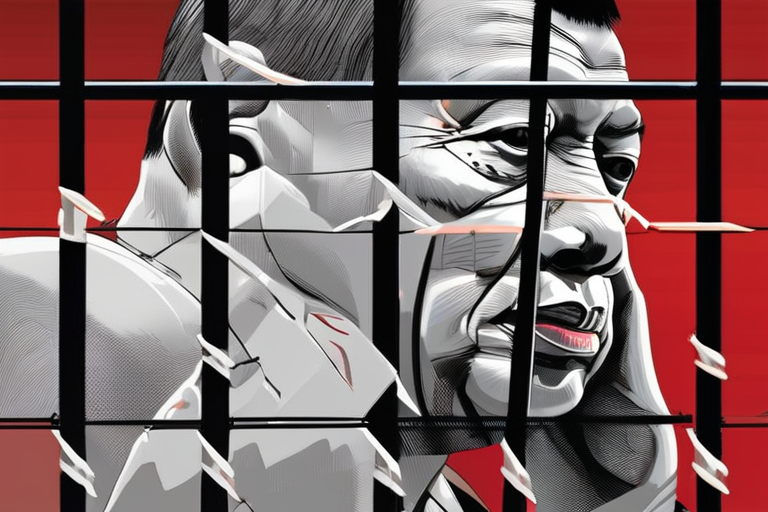

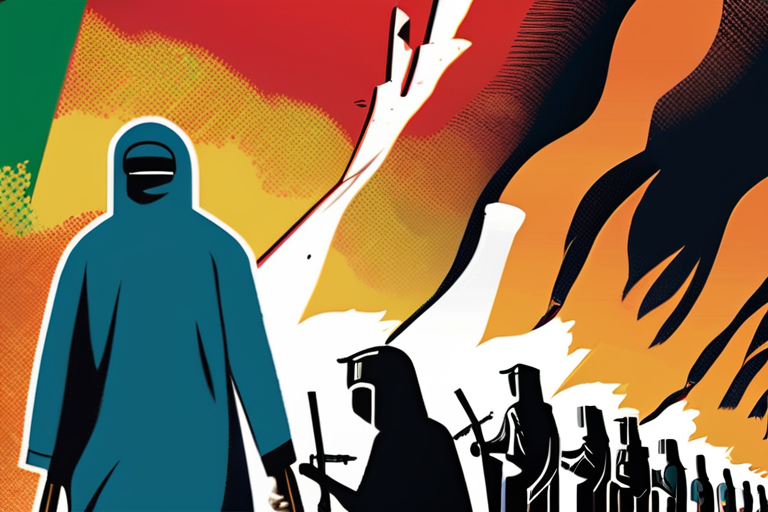
Share & Engage Share
Share this article